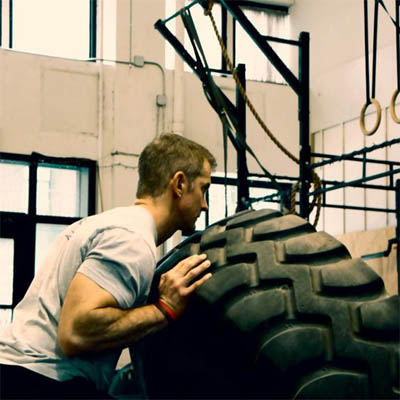I'm a licensed Aircraft Mechanic & Inspector with twenty five-plus years in the field. I've had a varied career so far, with time spent in the sheetmetal, mechanic, and inspection specialties. Most of my time is on heavy Boeing and McDonnell Douglas aircraft, of the passenger, cargo, and experimental type. This career isn't for everyone, but I enjoy it.
Please do NOT ask me to troubleshoot problems with your airplane, that is not what this Q&A is for.
DC-10s are just as safe as any other well maintained older aircraft. The notion that they are unsafe springs from ignorance.
The DC-10 has the engine mounted above the fuselage through the vertical stab structure. A straight through intake-exhaust setup. As you noted.
The B727 has the intake set above the fuselage, and the engine and exhaust centerline of the fuselage. They use an S-duct to get the intake air down to the engine.
Lockheed L-1011 is set up similarly.
Remove the mask to eat or drink. Replace it when you are done.
Lawyer.
I had an opportunity to be guided down that path at a former employer, but I saw my first aviation job opening instead.
CrossFit Coach
 Why is Crossfit so popular with women?
Why is Crossfit so popular with women?
Stand-Up Comedian
 What's your worst bombing story?
What's your worst bombing story?
Dry Cleaner
 Why don't more dry cleaners stay open late?
Why don't more dry cleaners stay open late?
There has been a worldwide pandemic going around. People are flying a LOT less these days; which means more empty passenger seats; which means fewer flights; which means fewer planes being used; which means more planes put into storage.
With fewer planes, you need a lot fewer people to run your airline; so lots of layoffs.
The government CARES act money delayed the layoffs for a while. But that money is gone now.
sure. Maybe
The power plant.
-OR-
 Login with Facebook
Login with Facebook (max 20 characters - letters, numbers, and underscores only. Note that your username is private, and you have the option to choose an alias when asking questions or hosting a Q&A.)
(A valid e-mail address is required. Your e-mail will not be shared with anyone.)
(min 5 characters)
By checking this box, you acknowledge that you have read and agree to Jobstr.com’s Terms and Privacy Policy.
-OR-
 Register with Facebook
Register with Facebook(Don't worry: you'll be able to choose an alias when asking questions or hosting a Q&A.)